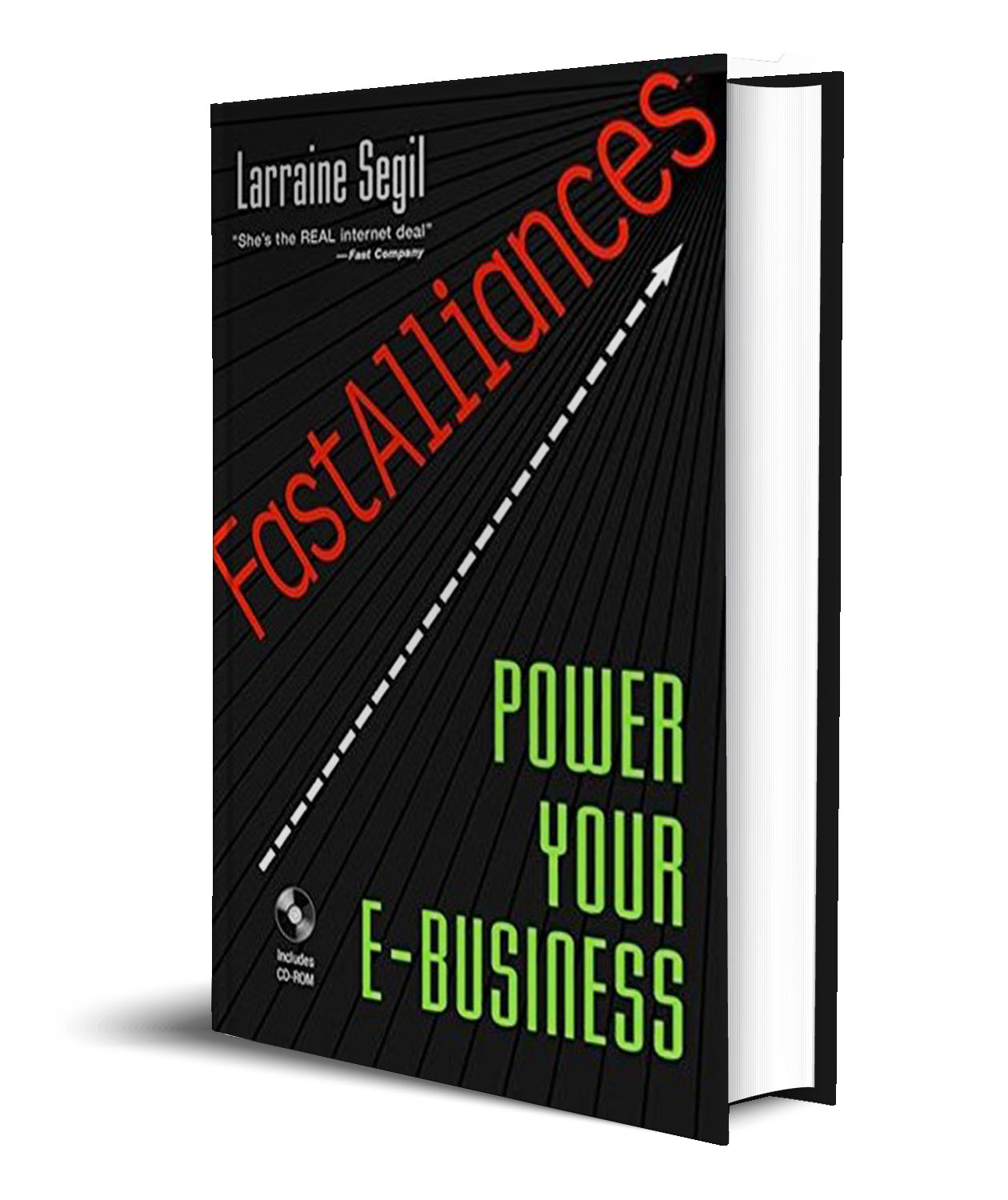Strategy Insight: MERGER OF EQUALS
September 2000
THERE IS NO SUCH THING AS A “MERGER OF EQUALS”
Many of the top merger deals call for the top executives of both companies to share power — signaling a trend of “mergers of equals.” In traditional acquisitions, it is believed that one company wins and another company loses. As such, with most mergers, the issue of who will lead the new company is relatively clear: the CEO of the company that is doing the acquiring or initiating the merger assumes the top spot. But, in a merger of equals in which everybody wins, who assumes the top spot? Is there really such as thing as a “merger of equals?” Can Co-CEOs work?
Gerald Levin, CEO of Time Warner doesn’t think so. Says Levin, “I don’t believe in co-CEOs. I don’t believe it works.” And, I agree. As the deal between AOL and Time Warner was being announced, executives on stage were assuring everyone that this would be a merger of equals, a careful blending of two companies, two cultures. But make no mistake: America Online is the acquirer. The trading symbol for the new company, tellingly, is AOL.
The only time that having co-CEOs can be effective is if there is a clear understanding that one is going to leave — and soon. The issue with co-CEOs is that there will be many decisions that have to be made in the integration process that will require less compromise and more dominance. For instance, one set of processes will predominate over another; or, the information systems that are unable to be integrated will be outsourced — and when that happens it becomes clear that this is not a merger, but an acquisition. Even when a company is trying to be fair and equitable there will come a moment in time when this becomes clear. Where there are two powerful and territorial CEOs it is obvious that each will be looking after the best interests of their people and it will be very difficult to see the best interests of the whole. That requires a sea change in attitude.
In addition there will be some issues around the fact of whether the acquisition is a portfolio type where the acquiring company will leave the other alone — or whether it will be the fully-integrated type where heads will roll and territoriality will raise many conflicts. It is in the latter case that the co-CEO position has the least potential for success and in the former where it actually could work.






Leave a Reply
You must be logged in to post a comment.